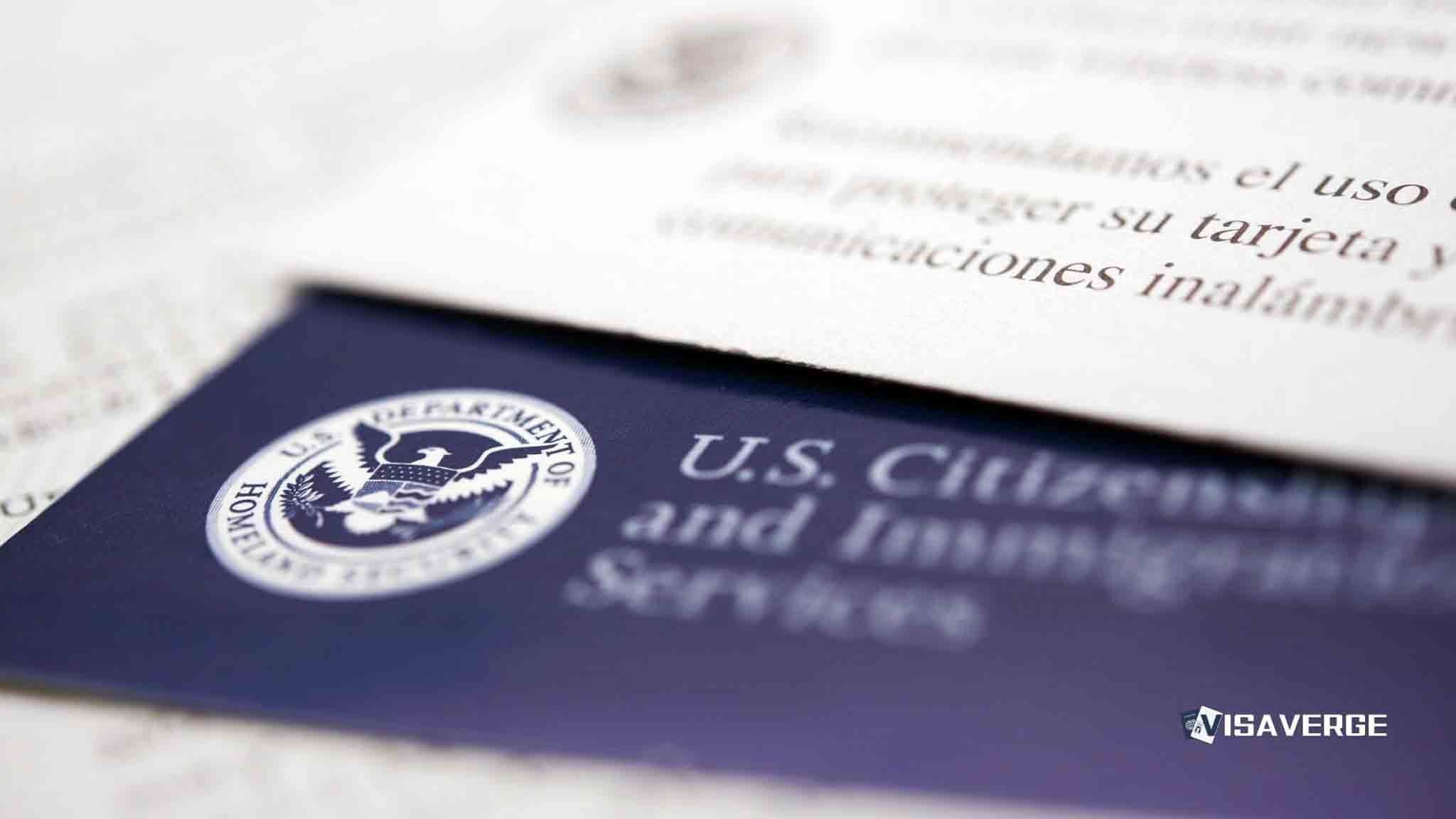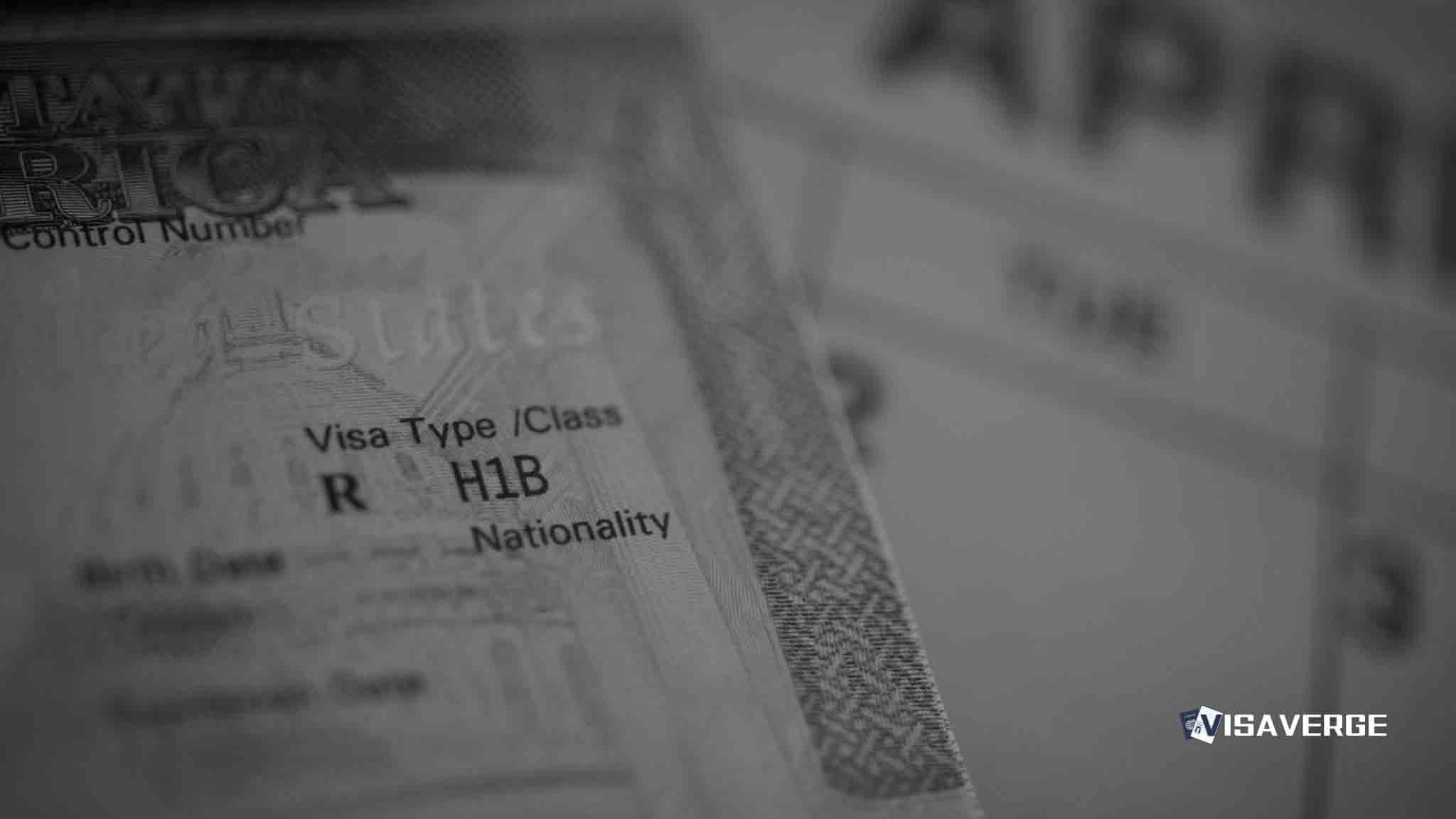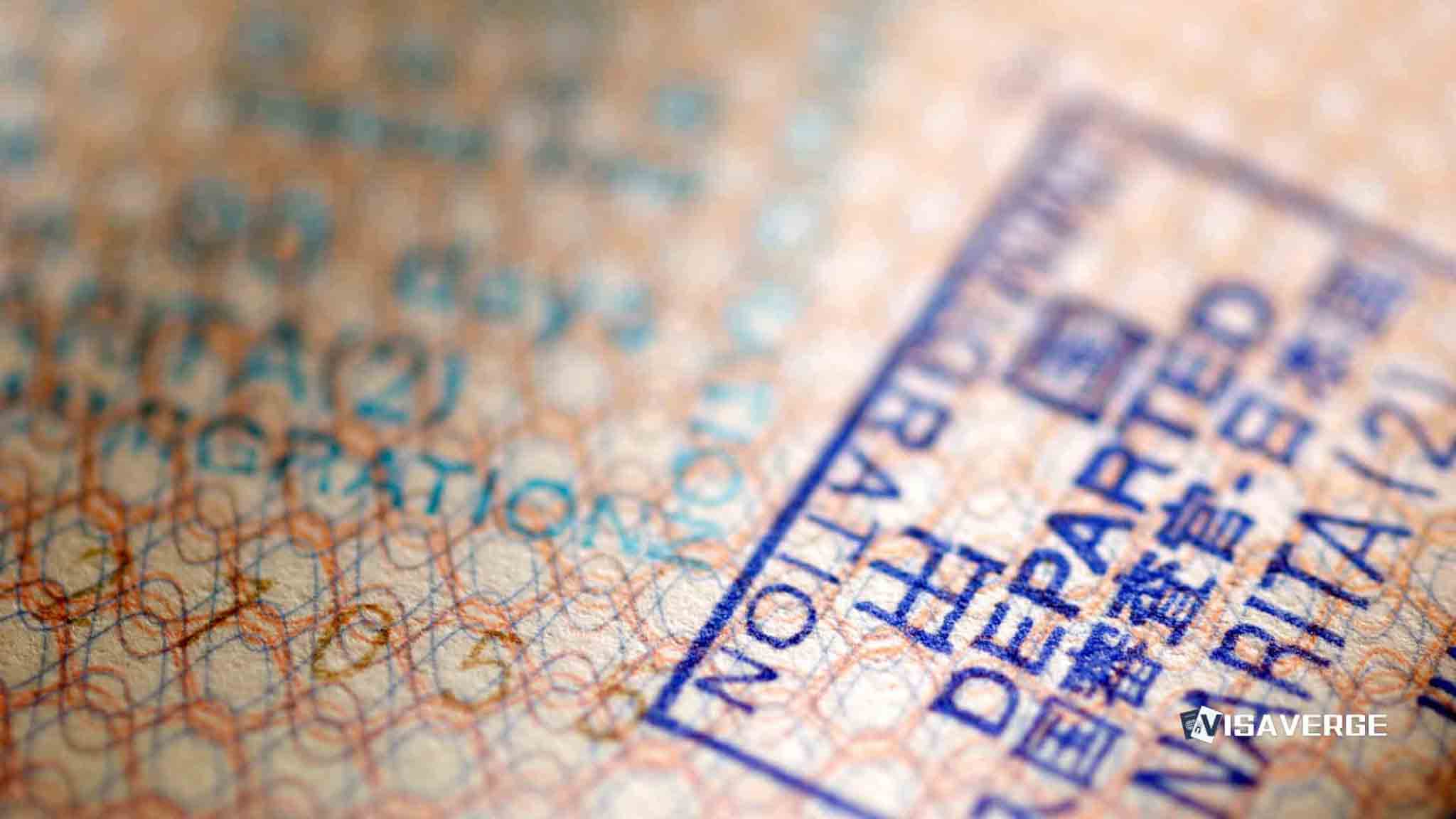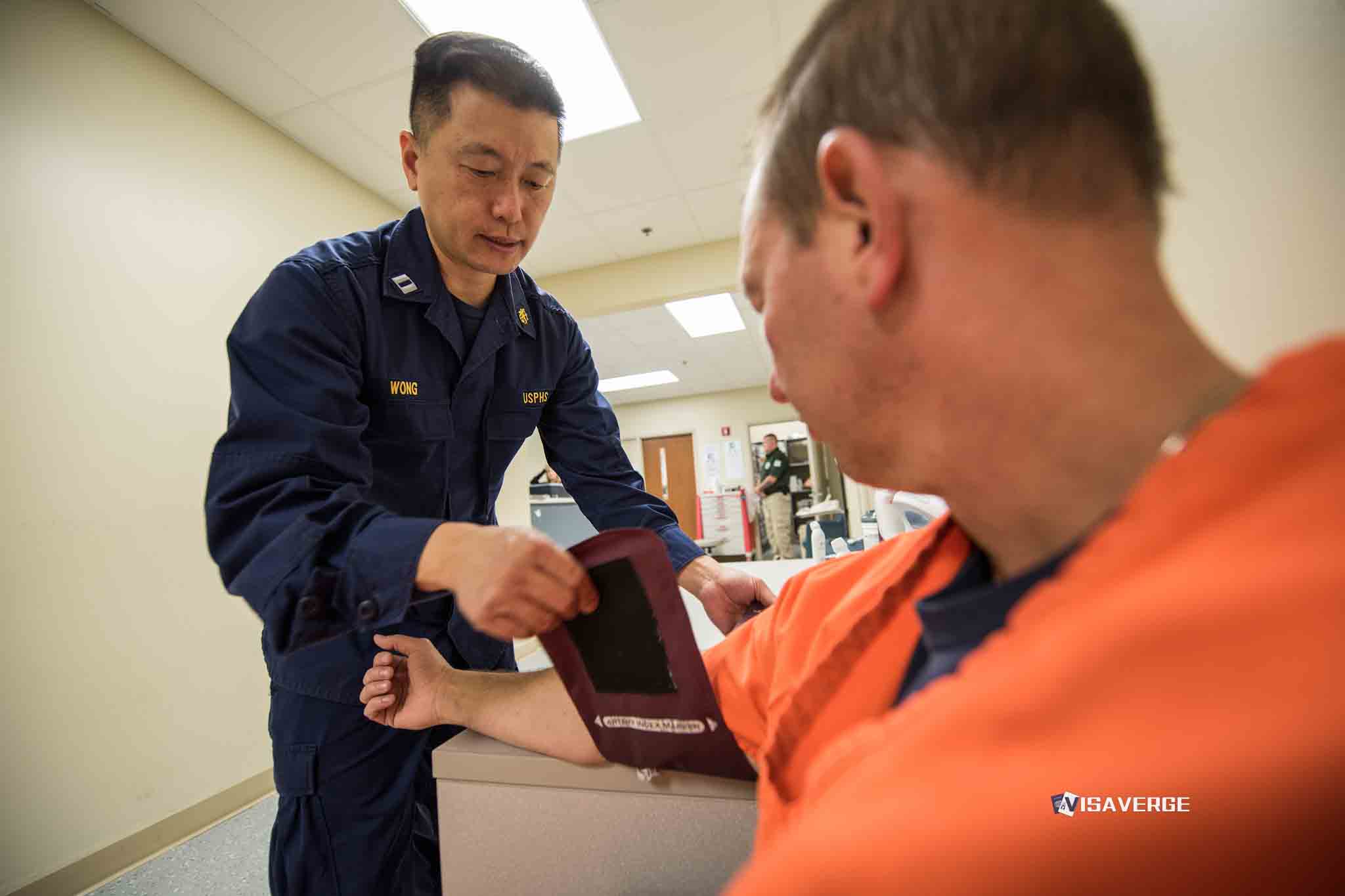Key Takeaways
• The H-1B Modernization Rule effective January 17, 2025, redefines “specialty occupation” and enhances USCIS site visit authority.
• Continuous HR training ensures compliance with H-1B changes, reducing risks and improving processes for lottery submissions and site inspections.
• DHS may prioritize high-wage roles in future H-1B lotteries, potentially disadvantaging smaller employers and entry-level candidates.
The H-1B visa program, a central component of U.S. immigration policy for skilled foreign workers, has seen notable updates in recent years. These changes particularly impact the lottery submissions process—a system through which H-1B petitions are selected for processing under an annual cap. For organizations employing foreign talent, ensuring compliance, efficiency, and readiness amidst these updates is paramount. One of the most impactful ways for companies to achieve this is through continuous HR training. Training programs tailored for HR teams not only ease the complexities associated with H-1B lottery submissions but also safeguard organizations from legal risks, delays, and financial losses stemming from non-compliance.
Recent Changes to the H-1B Visa Program

Recent regulations, especially the modernization rule effective January 17, 2025, underline the importance of staying updated. As reported by VisaVerge.com, this rule introduced changes specifically aimed at tightening oversight and improving program integrity. For instance, it redefined the term “specialty occupation,” allowing broader interpretations of qualifying roles for H-1B petitions. It also strengthened U.S. Citizenship and Immigration Services (USCIS) authority to conduct site visits and extended protections for F-1 student visa holders in the cap-gap period—when students can remain employed between visa statuses.
Business owners seeking H-1B employees are now subject to explicit guidelines to ensure job offers are genuine, while USCIS has even greater powers to inspect workplaces and verify compliance. Collectively, these updates amplify the level of scrutiny H-1B petitions may face, making preparation an area where HR plays a critical role.
The Role of Continuous HR Training
Keeping up with these changes is no small task, particularly given the legal, procedural, and logistical intricacies inherent to the H-1B program. Continuous HR training addresses these challenges by equipping professionals with the knowledge and tools needed to meet regulatory demands head-on. Below are some essential ways that ongoing training enhances compliance and efficiency.
1. Understanding “Specialty Occupation” Criteria
The redefinition of “specialty occupation” reflects an attempt by USCIS to balance employer flexibility with program integrity. Nonetheless, this also introduces ambiguity. A “specialty occupation” is essentially a role requiring specialized knowledge and at least a bachelor’s degree in a related field. Continuous HR training clarifies how this redefinition applies to common job roles, offering strategies for articulating how job duties align with the required qualifications. By understanding these details, HR departments can offer properly tailored justifications when drafting initial H-1B lottery submissions, reducing the chances of requests for additional evidence or outright denials.
2. Navigating Site Visit Protocols
Organizations employing H-1B workers must also contend with USCIS’s heightened authority to investigate job sites, as described in the 2025 modernization rule. These visits can occur without advance notice, leaving employers unprepared if their HR teams are not well-versed in compliance expectations. Training sessions that focus on this area prepare HR staff to conduct internal audits, maintain required documentation, and effectively communicate with the USCIS Fraud Detection and National Security Directorate (FDNS), which oversees these investigations. Proper preparation minimizes disruption if and when a site visit unfolds.
3. Streamlining the Petition Process
Preparing H-1B lottery submissions involves navigating a checklist of requirements: proving the role qualifies as a “specialty occupation,” submitting appropriate wage certifications, addressing timelines, and completing exhaustive forms. Lapses at any stage may see an application rejected before the H-1B lottery is even conducted. Training ensures HR professionals remain aware of evolving filing windows or form updates, develop documentation templates, and implement internal review systems. Organizations that prioritize training gain operational efficiency by minimizing rework or confusion during the submission period.
4. Reducing Risks of Non-Compliance
Failing to comply with H-1B regulations risks penalties such as petition denial, visa revocation, or even civil fines. Worse consequences can include being barred from future program participation or harming the organization’s reputation within federal agencies. Training helps HR teams address these risks preemptively by identifying red flags, reviewing protocols for maintaining Labor Condition Applications (LCAs) compliance, and instituting consistent practices around employee tracking and compensation.
5. Enhancing Interdepartmental Coordination
HR is rarely the sole party involved in H-1B compliance. Payroll teams ensure workers meet mandated wage rates, legal departments provide insights on risk management, and department heads oversee job descriptions and qualifications. Continuous HR training that incorporates knowledge sharing across teams strengthens organizational workflows. For instance, explaining the meaning and purpose of the H-1B lottery system to non-HR stakeholders fosters better communication during peak filing seasons.
Designing Effective Training Programs
The potential impact of continuous HR training hinges on the design and execution of such programs. Below are approaches that organizations may integrate into their strategies for optimal compliance:
- Regular Policy Updates: A recommended starting point is scheduling quarterly or semi-annual refresher courses. This keeps HR staff updated as changes unfold in the H-1B program, including new rules or interpretations of existing ones.
-
Workshops on Site Visit Readiness: Specialty sessions on site visit preparation provide HR staff and managers with clear action plans during inspections, helping mitigate risks of penalties.
-
Expert-Led Trainings: Partnering with legal professionals or external immigration experts enriches learning. Attorney-led workshops, for example, can include a detailed overview of the H-1B lottery process, leading to actionable insights.
-
Mock Scenarios or Role-Plays: Simulating scenarios for engaging with USCIS during workplace inspections improves confidence among HR representatives, ensuring consistency in communication.
-
Internal Compliance Materials: Simple, clear documentation such as in-house compliance handbooks or checklists supports self-guided learning while setting uniform standards for H-1B-related functions.
Recent Trends and Challenges Ahead
While the modernization rule offers some limited stability for understanding requirements, the dynamic U.S. immigration framework ensures that the H-1B visa program remains a subject of ongoing political discussion. Most recently, DHS announced plans to reevaluate the cap allocation system for the H-1B lottery by prioritizing higher wages. Should this be implemented, highly skilled professionals in high-paying roles would stand better chances, thereby diminishing opportunities for smaller employers or entry-level positions.
Additionally, the persistent risk of fraud investigations in sponsorship applications remains contentious. Immigration reforms under both President Biden and President Trump have addressed this in different ways, although stricter employer audits persist regardless of partisan control.
Call to Action
Embracing continuous HR training is both pragmatic and essential for employers wishing to sponsor foreign workers. Beyond preparing for challenges like site visits, modern interpretations of “specialty occupation,” or changing timelines, it creates well-informed teams capable of strategically navigating the evolving H-1B landscape. Organizations must view training as an investment—not just in hiring compliance but in safeguarding their business interests and competitiveness.
For official guidance, organizations can refer to the U.S. Citizenship and Immigration Services H-1B Specialty Occupations webpage.
In conclusion, continuous HR training provides the foundation for organizations to remain compliant and improve operations during H-1B lottery submissions. By combining up-to-date practices with interdepartmental collaboration and proactive engagement with new laws, companies can balance the complexities of hiring foreign talent with seamless adherence to immigration policies.
Learn Today
H-1B Visa → A U.S. visa program allowing skilled foreign workers to temporarily work in specialty occupations requiring specialized knowledge.
Specialty Occupation → A job category under H-1B requiring a bachelor’s degree or higher in a specific field of expertise.
Cap-Gap Period → A timeframe allowing F-1 visa holders to extend work authorization while awaiting H-1B status approval under certain conditions.
USCIS → U.S. Citizenship and Immigration Services, the federal agency overseeing lawful immigration, including the H-1B visa program.
Labor Condition Application (LCA) → A document employers file with the Department of Labor outlining wage and workplace conditions for H-1B workers.
This Article in a Nutshell
Navigating H-1B Visa Changes with HR Training
Evolving H-1B rules demand precision and readiness. Redefining “specialty occupation” and heightened workplace audits highlight compliance challenges. Continuous HR training empowers teams to master petition processes, prepare for inspections, and avoid costly missteps. Investing in training safeguards businesses from legal risks, ensuring smoother hiring of global talent and maintaining operational excellence.
— By VisaVerge.com
Read more:
• Dual Intent Applicants Face New Hurdles in 2025 H-1B Lottery
• How Non-Traditional Careers Can Find Opportunity in the H-1B Lottery System
• Future of Green Card Lottery Uncertain as Calls for Its End Grow
• House Republicans Move to End Diversity Visa Program, Putting Green Card Lottery at Risk
• Employers Brace for 2026 H-1B Cap Lottery as Registration Nears








